 The livestock industry accounts for the highest proportion of agricultural production value. In recent years, the Department of Agriculture and Rural Development (DARD) has directed specialized units to effectively implement disease prevention and control for livestock and focus on building safe livestock facilities. Thereby reducing production costs, increasing added value and increasing product competitiveness.
The livestock industry accounts for the highest proportion of agricultural production value. In recent years, the Department of Agriculture and Rural Development (DARD) has directed specialized units to effectively implement disease prevention and control for livestock and focus on building safe livestock facilities. Thereby reducing production costs, increasing added value and increasing product competitiveness.

Thanh Van livestock breeding farm raises grandparent sows and foreign boars. Photo: The Hung
The province has a developed livestock industry with more than 16,000 buffaloes, 92,000 cows, nearly 500,000 pigs, and 12 million poultry. Up to now, the provincial Department of Animal Husbandry and Veterinary Medicine has deployed and guided 20 livestock facilities and areas to build animal disease safety and issue certificates.
Of these, there are 10 pig farms, 6 chicken farms and 4 facilities and animal rabies-free zones. Every year, the department establishes inspection teams to inspect livestock conditions, compliance with disease prevention and control regulations; evaluate and monitor the maintenance of livestock conditions; and take samples to test for animal disease safety indicators at livestock farms.
In 2023, the department collected more than 5,000 quantitative test samples after vaccination with avian influenza; 540 samples for testing for African swine fever; 720 samples for testing for foot-and-mouth disease in livestock; 28 samples for animal rabies and sent them to the Central Veterinary Diagnosis Center for testing.
Thereby promptly detecting and handling newly emerging epidemics, ensuring disease safety for livestock in the province.
Thanh Van Livestock Breeding Farm under the Agricultural Breeding Center is responsible for caring for and raising 50 grandparent sows and 47 foreign boars. Every year, the farm produces and supplies more than 1,000 breeding pigs of various types, more than 100,000 doses of semen for artificial insemination for sows in the province.
Proactively building a disease-free livestock facility, the farm has implemented measures to care for and raise pigs according to technical procedures; periodically spraying disinfectants in barns once a day and twice a day around the livestock area; fully vaccinating against diseases according to regulations; applying information technology to selecting, breeding, and producing livestock breeds.
Along with that, the farm has installed a camera system inside the barn. All smartphones of leaders and technical staff are installed with software and connected to the camera system via the internet. Therefore, livestock production activities inside the farm are operated and monitored anytime, anywhere.
Mr. Nguyen Manh Ha, Head of Thanh Van livestock breeding farm said: Thanks to the good implementation of disease-free livestock breeding processes, the quality of the breeding animals is guaranteed according to standards, contributing to improving the quality of the pig herd in the province.
Currently, nearly 100% of breeding sows and boars are foreign pigs and crossbred pigs, the average weight of pigs sold increased from 84 kg/pig (in 2016) to 100 kg/pig (in 2023).
With a scale of raising 60,000 broiler chickens per batch, Mr. Khong Duy Khoat in Lien Chau commune (Yen Lac) always determines that ensuring disease safety is the top measure to protect livestock.
Mr. Khoat has proactively built a safe livestock facility; every day, technical staff monitor, care for and promptly handle any abnormal signs in the poultry. Most of the steps from feeding, watering, lighting system, air conditioning... in the barn are automated, minimizing contact with the poultry.
The floors in the barns are lined with biological bedding to help decompose livestock waste, ensuring a well-ventilated, odorless environment. Thanks to this, since the farm was established, it has always been disease-free.
Through the construction of disease-free livestock facilities and areas and the implementation of vaccination measures, there have been no dangerous infectious diseases in livestock and poultry in the province, contributing to the stability and development of livestock production.
In 2023, the province's total livestock value will reach more than 6,300 billion VND, exceeding the plan by 1.3% and increasing by 4.3% over the same period.
To enhance the value of the livestock industry, the province continues to promote livestock development associated with building disease-free areas and disease-free facilities; expanding farm-scale livestock farming, forming concentrated livestock farming areas, handling the environment well; and raising livestock by organic and ecological methods.
Promote the application of new scientific and technological advances, high technology, and digital technology in production. Encourage organizations and individuals to participate in closed production, linking stages in the value chain to reduce production costs, increase added value, develop sustainably and increase product competitiveness. Strive to increase the value of livestock production in 2024 to over 2.3% compared to the same period in 2023.
Mai Lien
Source


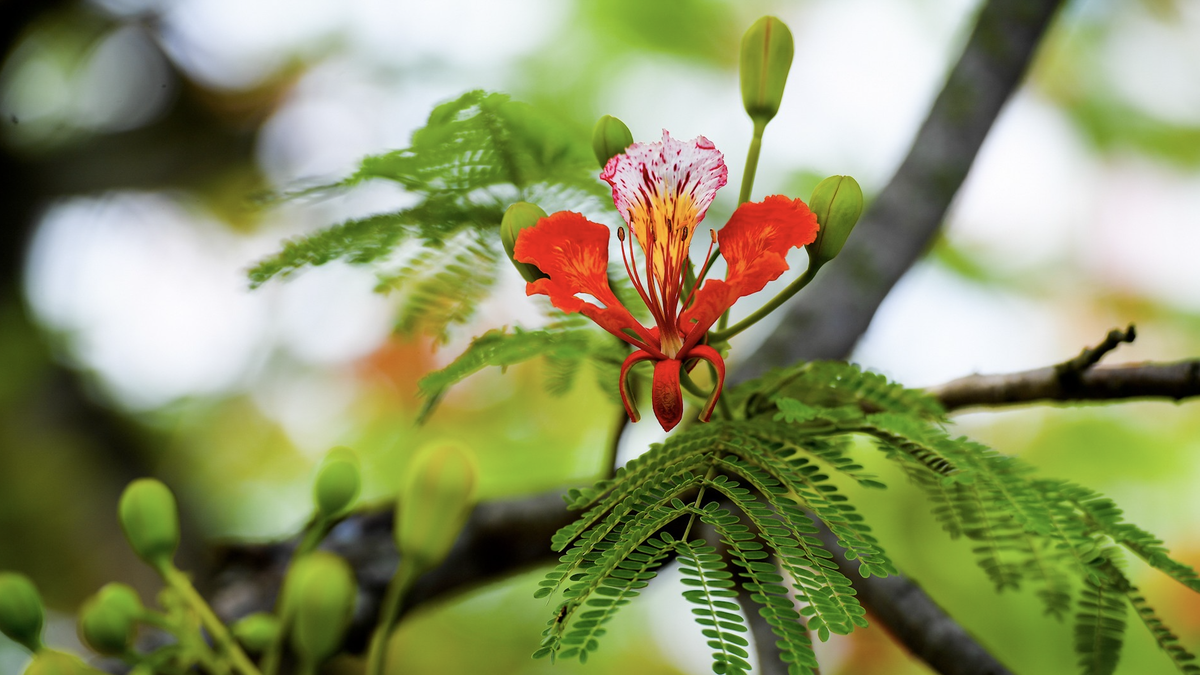





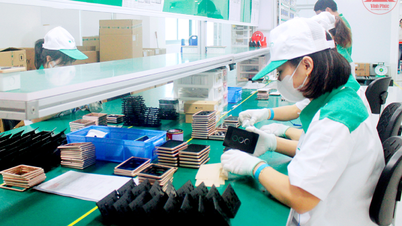






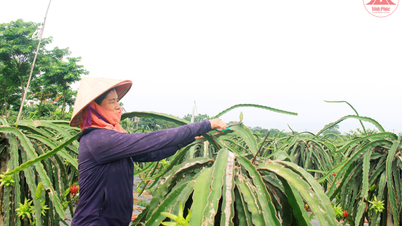
































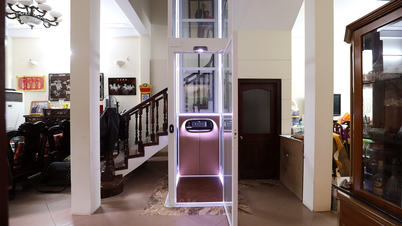









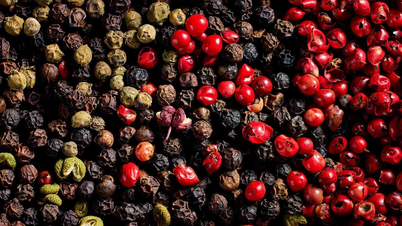
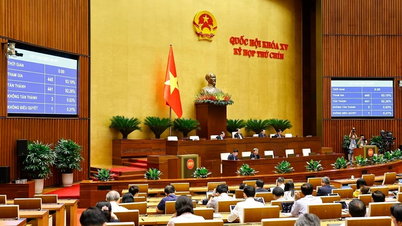







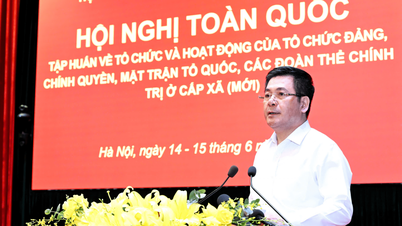


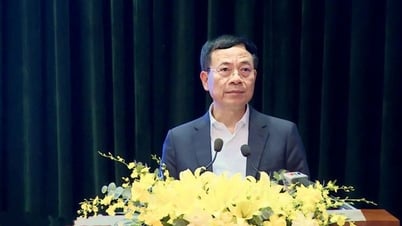
























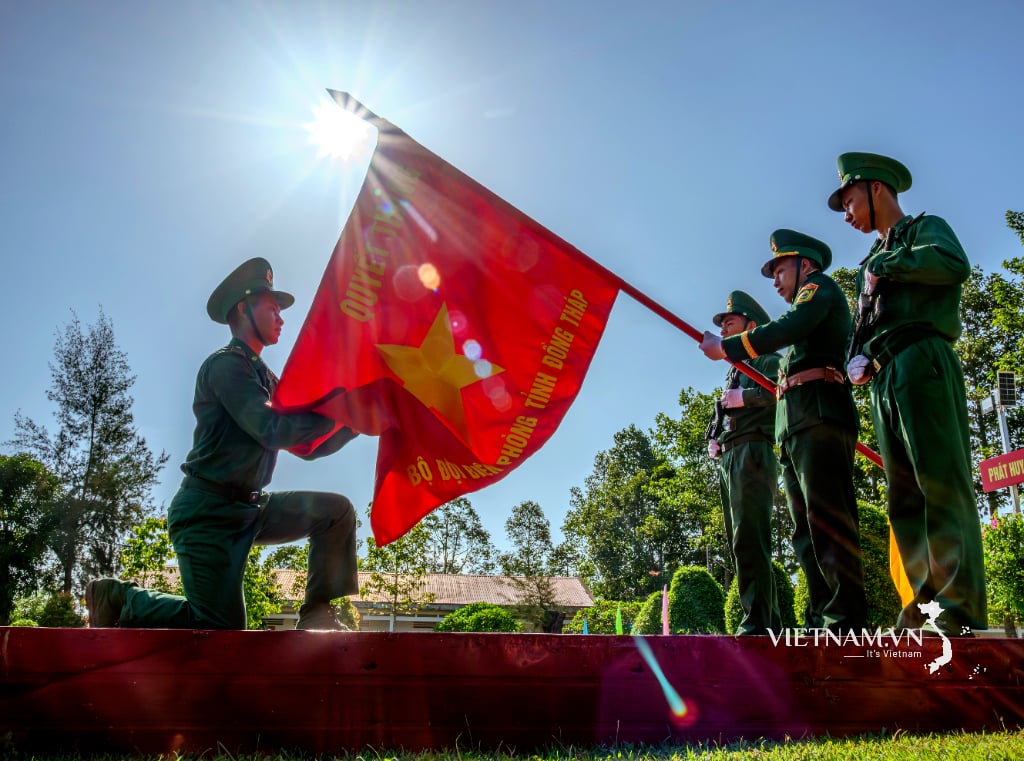

Comment (0)